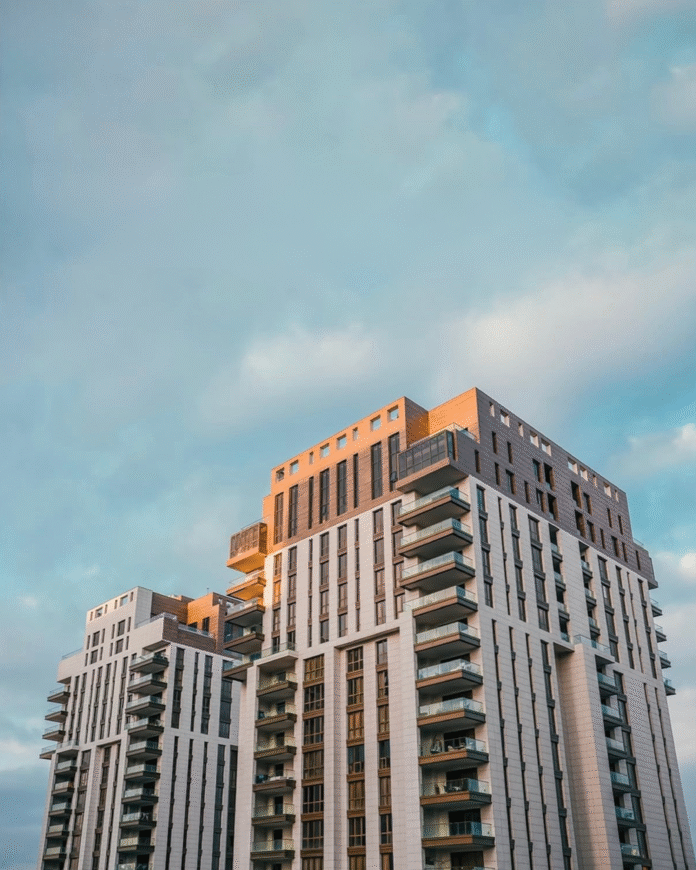The Erbil Water Emergency Project marks a turning point for the capital of the Kurdistan Region. Governor Omed Xoshnaw described it as one of Erbil’s most significant public service achievements. Therefore, the launch of this project carries long-term importance.
For many years, Erbil suffered from severe water shortages. Additionally, the city faced extreme weather and damaging floods. These challenges made water infrastructure reform a top priority for local authorities.
In response, the government took several key steps. First, teams dug dozens of new wells across major neighborhoods. This effort required over 100 billion Iraqi dinars. Moreover, they invested 130 billion dinars in natural drainage channels and artificial ponds. As a result, Erbil built a stronger foundation for long-term water security.
Governor Omed Xoshnaw credited Prime Minister Masrour Barzani for continuous leadership. Not only did the Prime Minister approve the budget, but he also instructed all relevant departments to act quickly. Furthermore, he monitored the project closely to ensure smooth progress.
Now, the first phase of the project has begun. This phase delivers clean water to dozens of neighborhoods that previously lacked stable access. In particular, areas like Rashkin, 32 Park, Turaq, Alan City, Diyari City, and Qatawi are already receiving clean water. Other neighborhoods, such as Mirror of the City, New Berkot, Hasarok, and Engineers, are also benefiting.
The Erbil Water Emergency Project filters 480,000 cubic meters of water each day. In addition, it distributes 20,000 cubic meters per hour on a 24-hour cycle. Consequently, thousands of residents now receive safe drinking water around the clock.
The distribution system includes four main pipelines. These connect neighborhoods located between the 120-meter and 150-meter roads. Water is drawn directly from the Great Zaab River. Then, it undergoes full filtration and chlorination in line with WHO and Iraqi standards.
The entire project is scheduled to finish in less than two years. With a total cost of $480 million, the government expects it will fully resolve Erbil’s water shortages. More importantly, it will secure the city’s clean water supply for the next 30 years.
In conclusion, the Erbil Water Emergency Project represents a major step toward sustainable development, public health, and long-term service reliability in the capital.


